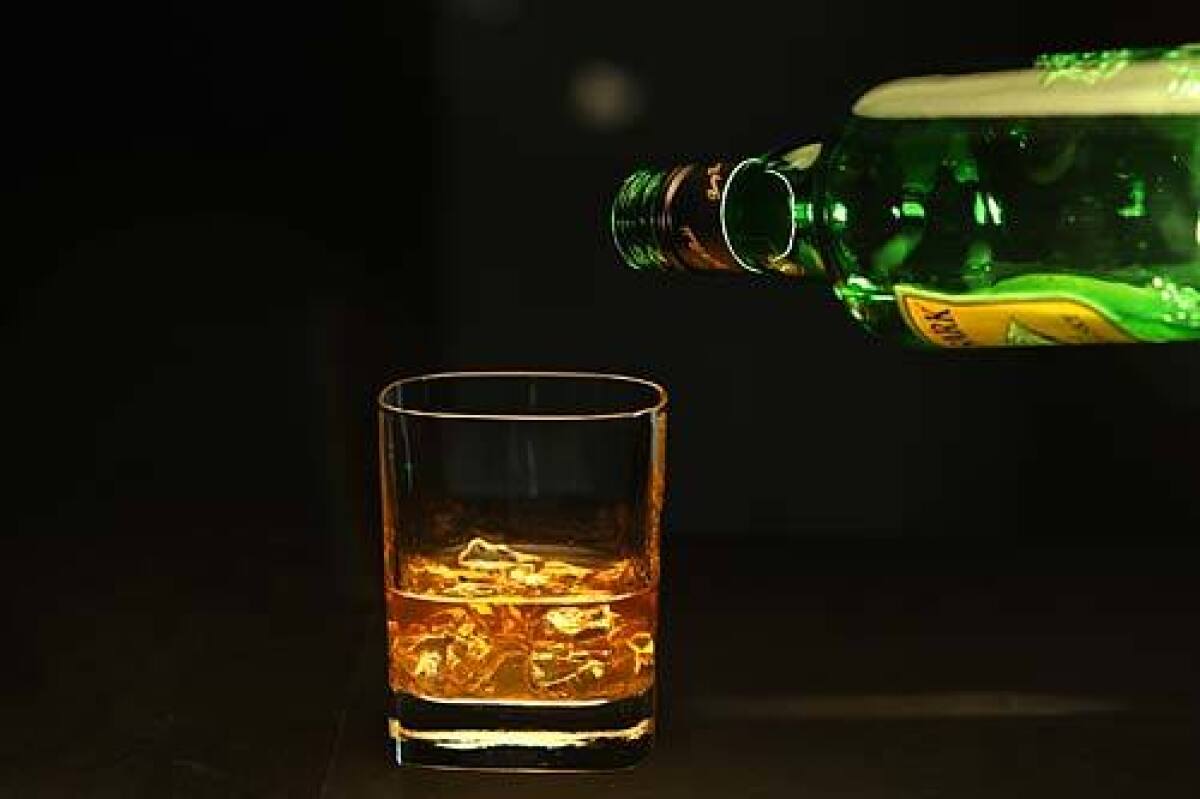Blood pressure: alcohol, smoking and caffeine

Is having a bad habit ever a good thing? It kind of can be if your aim is to lower your blood pressure, since one way to do that is to reduce your alcohol consumption significantly. It’s a winning strategy -- but only, of course, if you were drinking a lot in the first place.
Many studies have documented the link between alcohol and blood pressure. A 2001 review of 15 alcohol-reduction trials with 2,234 participants concluded that cutting back on alcohol led to reductions in systolic and diastolic blood pressures. The greater the alcohol reduction, the greater the blood pressure reduction.
Some scientists believe that red wine, in moderate amounts, may improve vascular function and have a less harmful effect on blood pressure than other forms of alcohol -- maybe even a positive effect. But this was not supported by a 2005 study that found red wine and beer increased systolic blood pressure by about the same amount.
Any time you smoke a cigarette, it can produce an immediate (but temporary) surge in blood pressure due to the nicotine. There’s no evidence that smoking increases the risk of chronic high blood pressure, but smoking plus high blood pressure appear to have a greater-than-additive effect on the risk of hemorrhagic stroke. So quit, already.
Caffeine can make blood pressure rise temporarily, especially if you’re not used to it. But there’s no definitive evidence that a cup (or two) of coffee a day raises blood pressure over the long haul. Some research suggests heavy caffeine consumers get used to it, so their blood pressure doesn’t react as much anymore.



